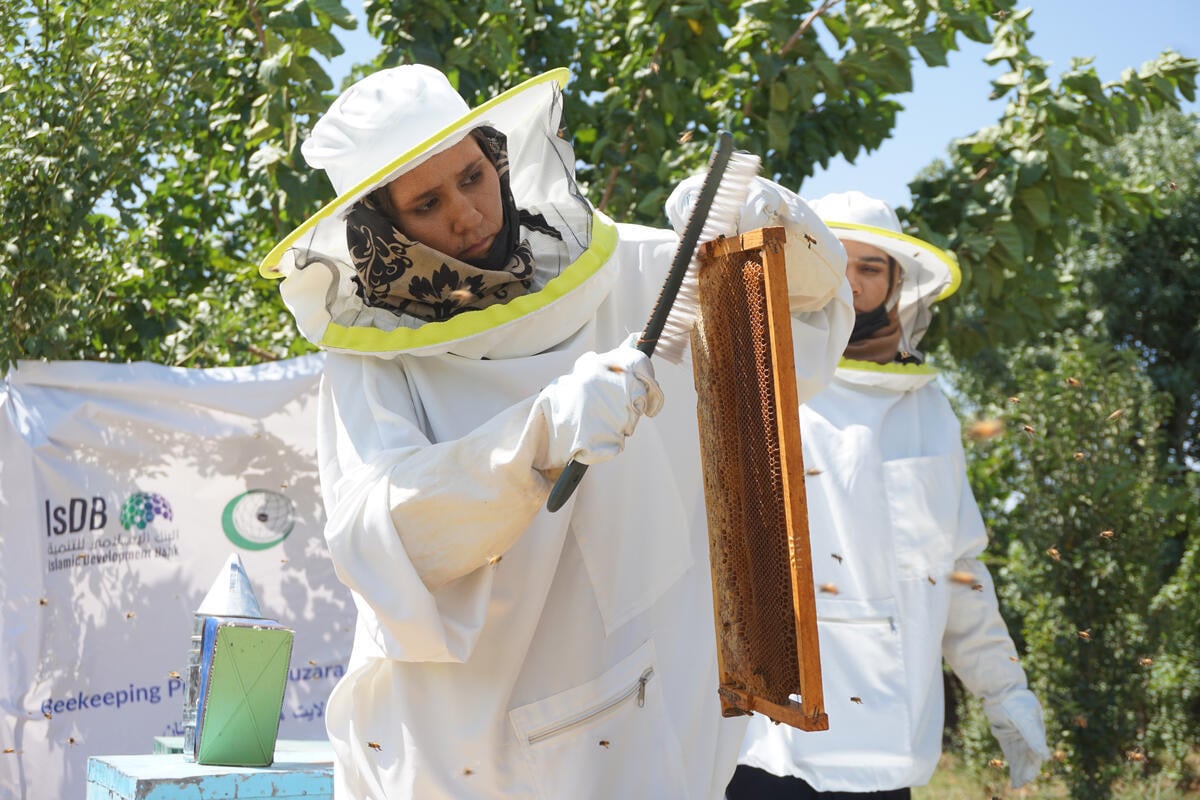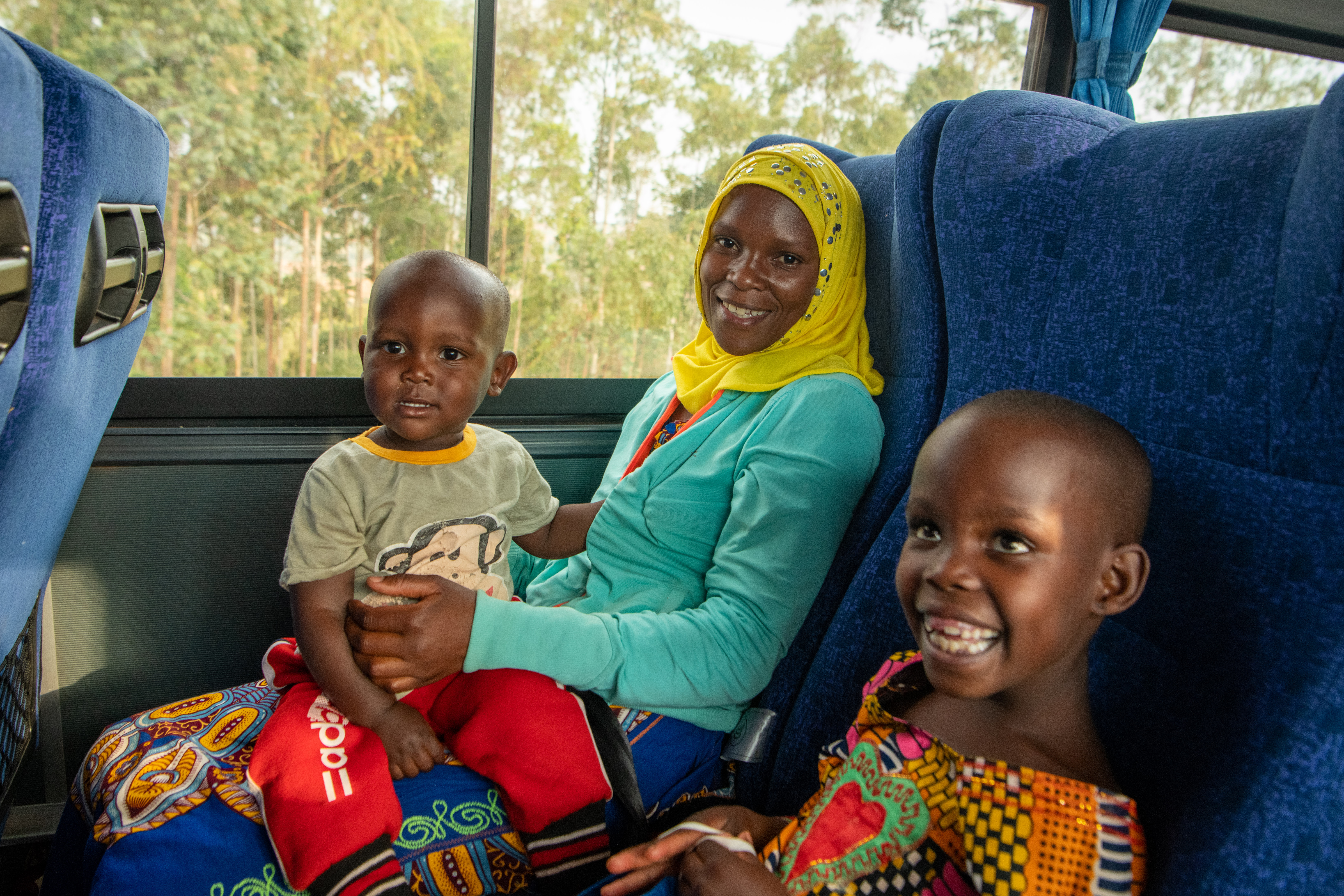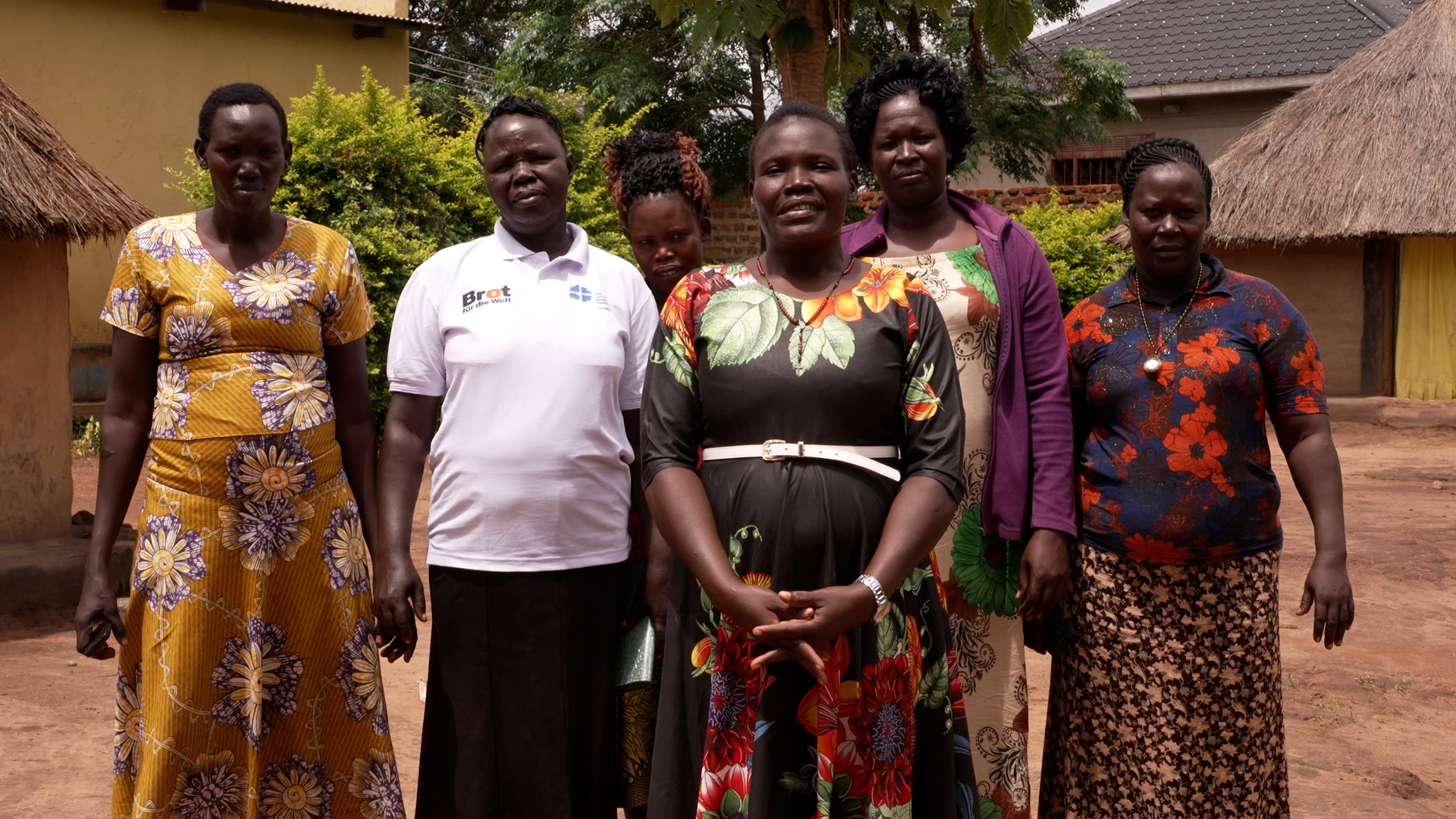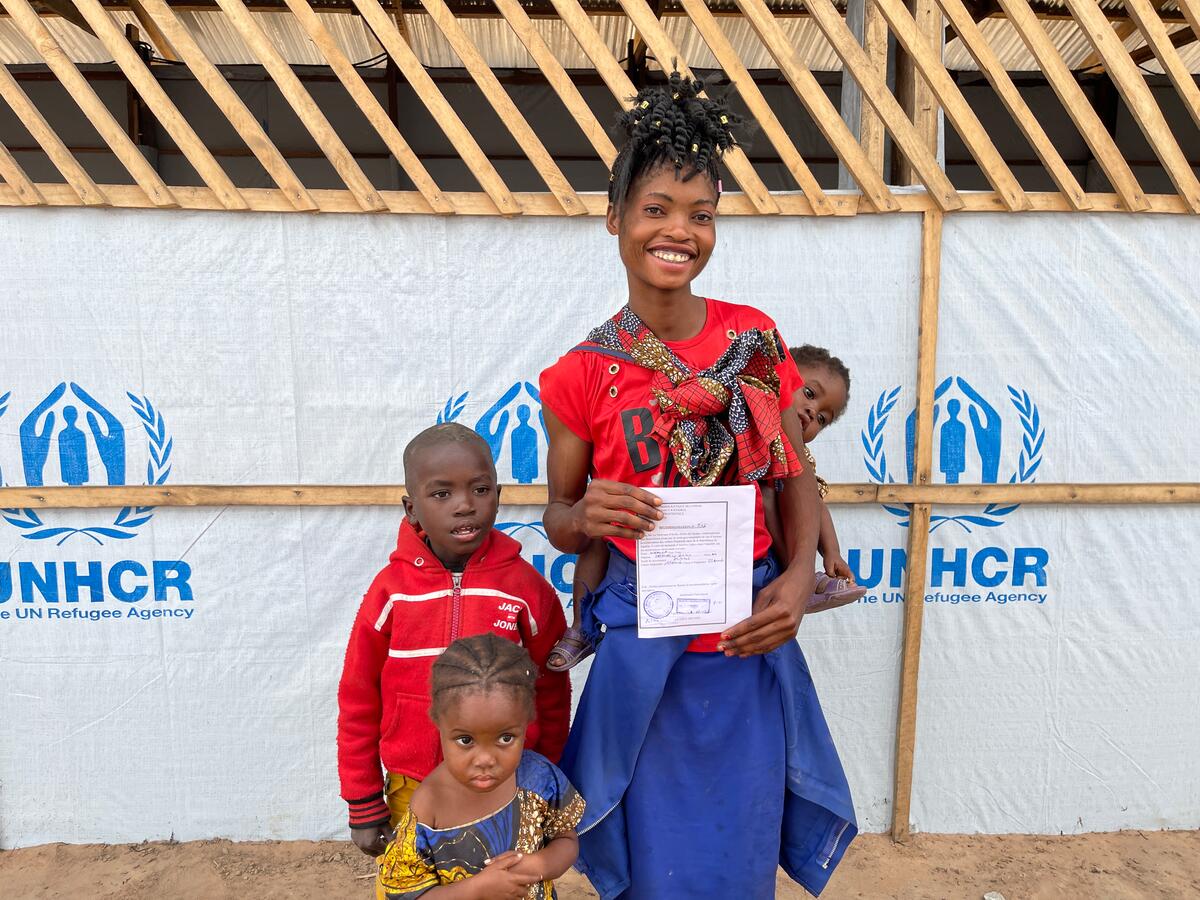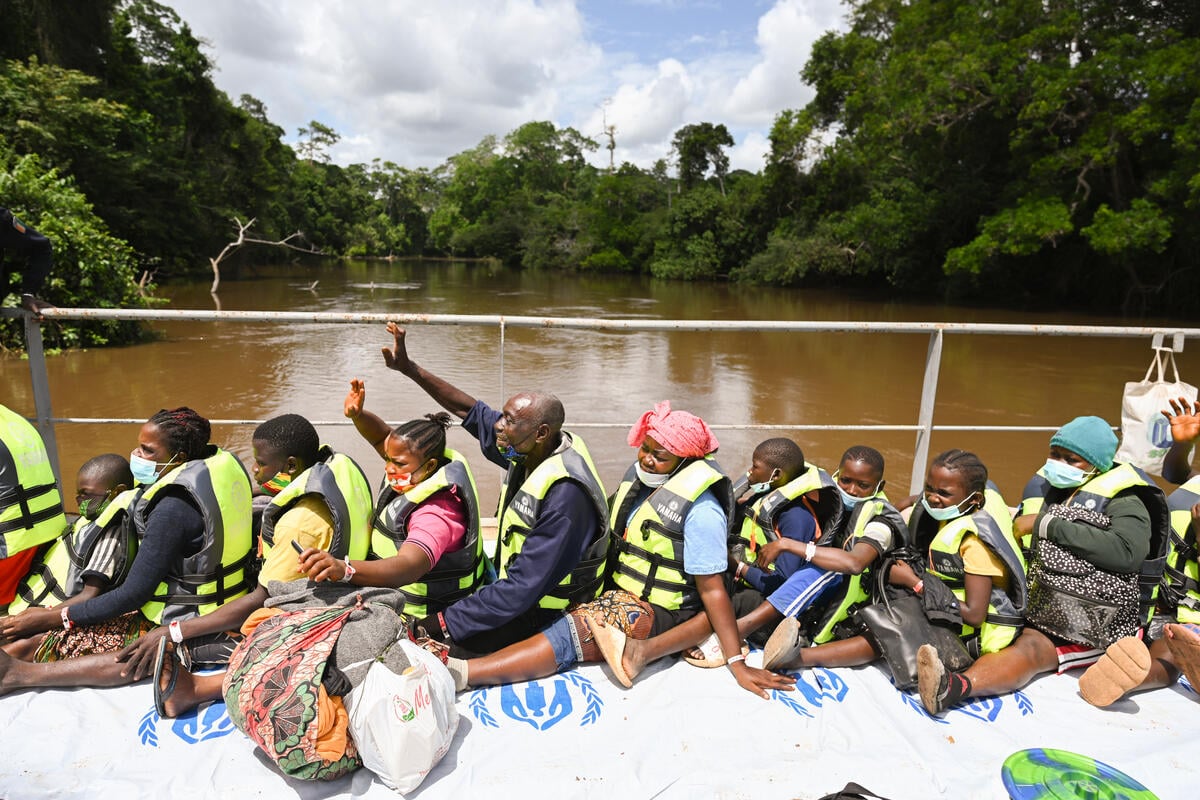Ethnic Macedonians return to majority Albanian area
Ethnic Macedonians return to majority Albanian area
SKOPJE, Sept 18 (UNHCR) - Around 300 ethnic Macedonian internally displaced persons from the village of Brnjaci in the former Yugoslav Republic of Macedonia (FYROM) have returned home in the first government-organized return to an area largely populated by ethnic Albanians. On September 18, the Brnjaci residents were taken by bus from collective centres in nearby Skopje, where they had been staying since June 2001, for the 20-minute trip to their village. Brnjaci is adjacent to the town of Aracinovo, where up to 10,000 ethnic Albanians had earlier gone back. Around 70 residents had already returned to Brnjaci earlier in September.
In early September, the UN refugee agency had organized a bus shuttle to enable the Brnjaci residents to visit their homes, which showed little damage from the fighting. On September 16, the FYROM government announced it was time for the displaced persons to return to Brnjaci. The government has also announced plans for the return of displaced ethnic Macedonians to villages in the Tetovo region, 60 kilometres north-west of Skopje. A secure environment in many areas is yet to be established.
"UNHCR believes the safe return of displaced ethnic groups in regions where they are in the minority is crucial to the peace process in the country after a six-month conflict," said Kris Janowski, spokesman for UNHCR in Geneva. At the same time, however, UNHCR has warned against returns to areas regarded as extremely volatile, and has called for an international arrangement that will replace NATO after its arms collection mission, to prevent what UNHCR has called "a looming security vacuum".
Meanwhile, the rate of refugee returns from Kosovo to FYROM has dropped significantly to a few hundred in recent days. The drop in numbers follows a surge in returns early this month, when some 12,000 refugees moved back from Kosovo. For several days, returns totalled as many as 2,000 per day after the FYROM Parliament voted to consider additional minority rights. One explanation for the recent drop off in returns is growing uncertainty over security. FYROM security forces continue to maintain checkpoints in a number of villages, preventing free movement.
Since July, more than 52,500 refugees have gone back to FYROM; another 29,000 remain in Kosovo. The [former Yugoslav Republic of] Macedonian Red Cross says it has registered 76,000 displaced people inside FYROM, but registration lists are being re-validated as the situation in some areas in FYROM normalizes.

